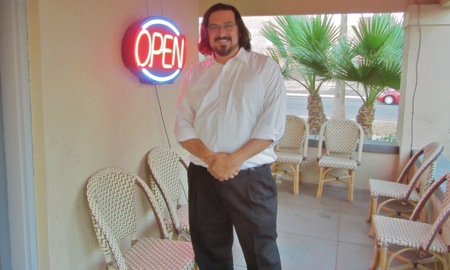For me, the story of Justice GA begins like this:
We Unitarian Universalists have to reserve General Assembly sites several years in advance, and we incur financial penalties if we break a reservation. The central purpose of General Assembly is to carry out business required by our bylaws, and our bylaws require us to hold a General Assembly each year. All the other activities that take place at General Assembly — the workshops, the lectures, the conflicts and scuffles, the political maneuvering, and so on — are incidental to that central purpose.
At the 2010 General Assembly, a sentiment arose that Arizona’s newly-enacted draconian law targeting Latino and other immigrants was unjust, and that we Unitarian Universalists should observe a boycott against Arizona called by immigrants’ rights groups within the state. However, the financial penalties that we would incur if we backed out of our contracts in Arizona would mean that we could not afford to hold another General Assembly elsewhere; and we are required by our bylaws to hold an annual General Assembly. We needed a compromise. Out of this need of compromise, Justice GA emerged.
That’s the beginning of the story. Here’s how the story continues: Continue reading “A general review of the Justice GA”






